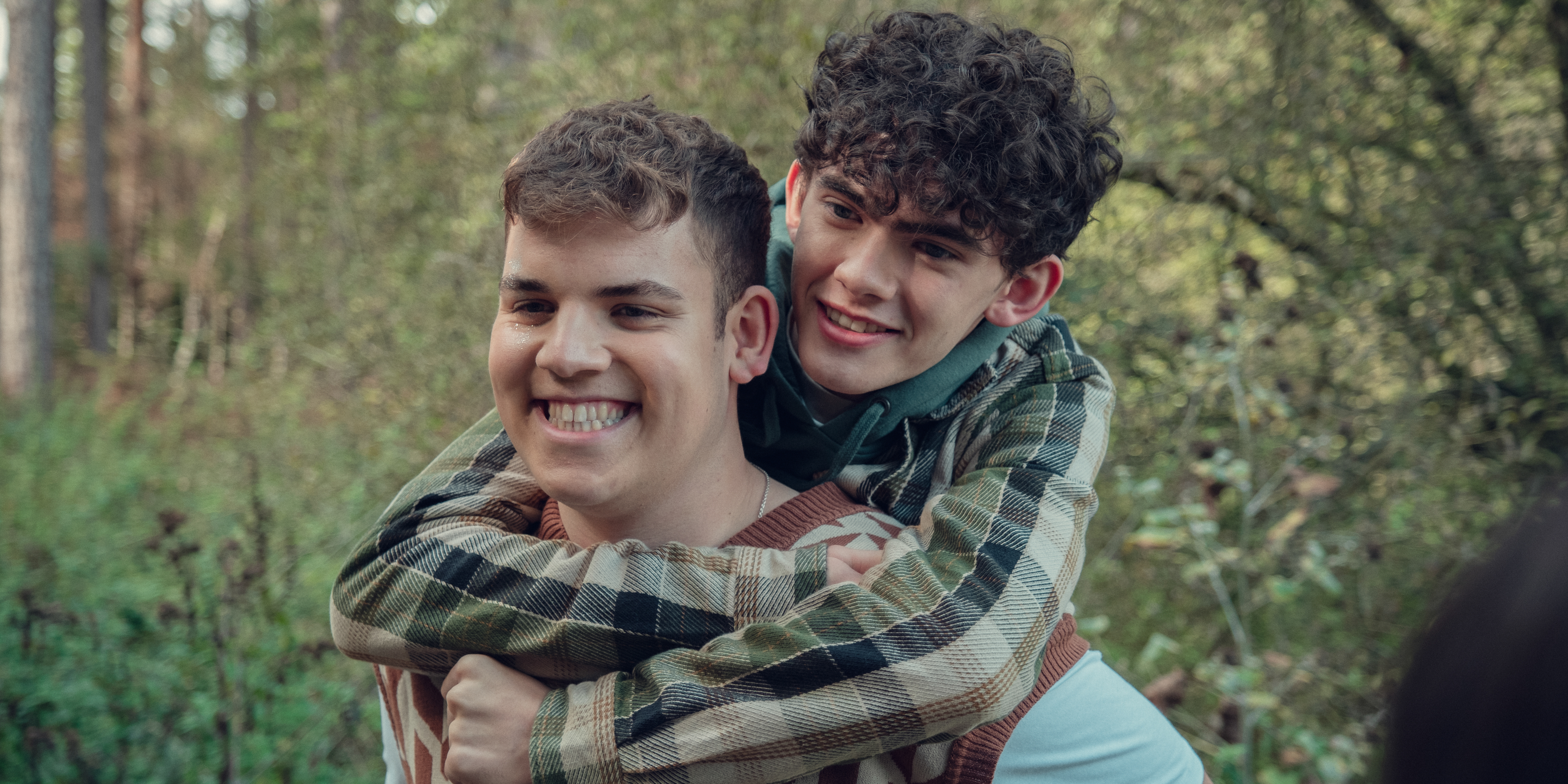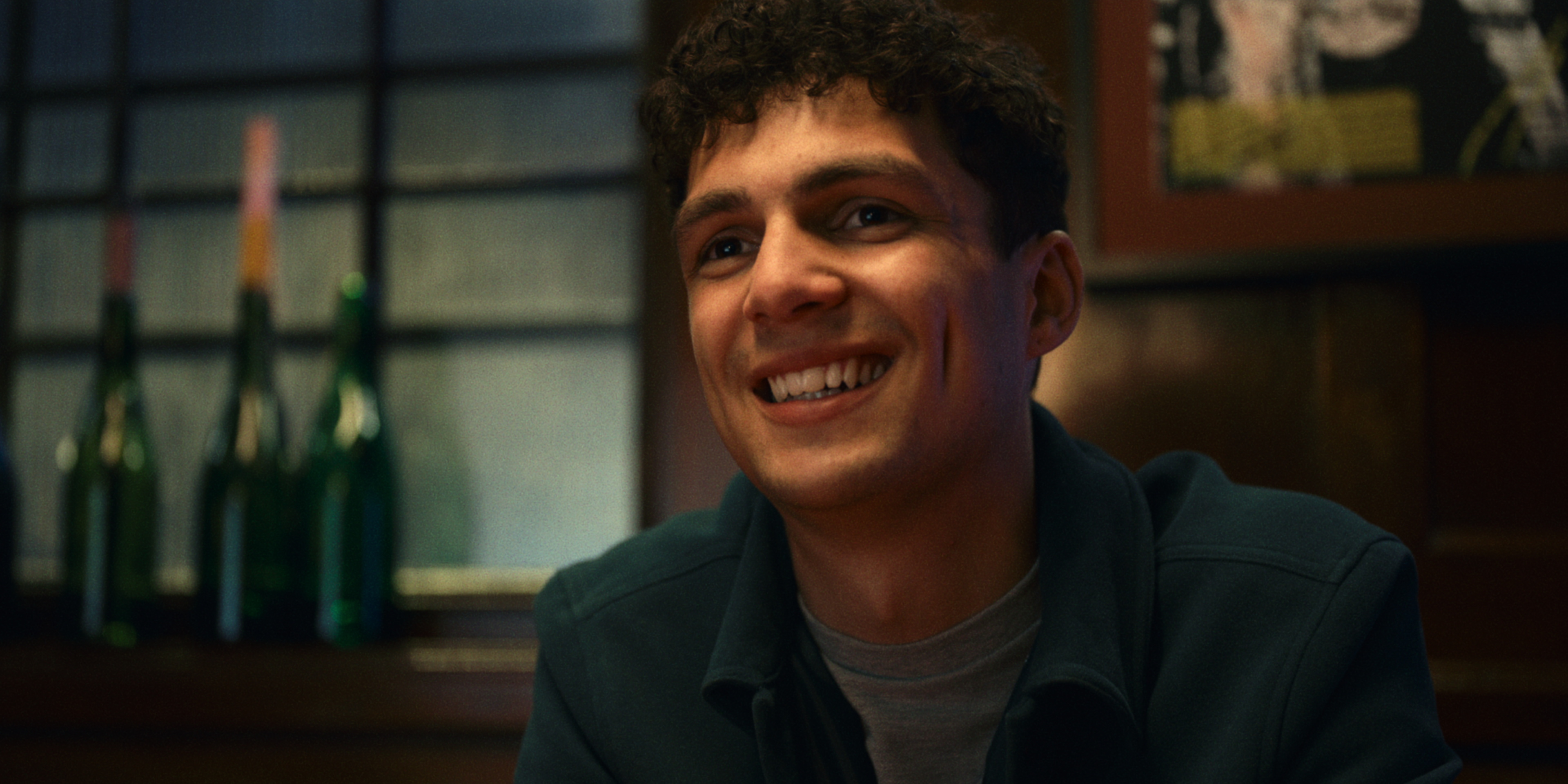Understanding Asexuality in Modern Media
For much of my early 20s, I lived with the impression that my feelings of guilt and aversion after intimacy were a shared experience among many. It wasn’t until a conversation with a friend a year ago that I first heard of asexuality. Initially offended, I soon found that the asexual community offered a reflection of my own, often secret, opinions about dating and intimacy. The search for more information led me to discover that asexual representation in media is sorely lacking.
Asexuality as an identity, based on the absence of sexual attraction rather than its presence, is not easily depicted. However, my pursuit to find asexual representation in media led me to some characters, such as Todd Chavez from Bojack Horseman, who became beloved for breaking stereotypes about asexual individuals.
However, most asexual characters in media rely on negative stereotypes, perpetuating the myth that they are inhuman or cold. Despite some recent breakthroughs, such as asexual characters in Netflix’s Sex Education, Heartstopper, and Everything Now, the portrayal of asexuality still seems unfamiliar and lacks depth.
Media often depicts sex as a prominent and unavoidable part of life, especially during high school years. Sex Education briefly highlighted an asexual storyline in its second season, portraying a character who felt pressured by social norms to date and engage in casual sexual encounters.
In its final season, Sex Education finally featured an asexual character, Sarah “O” Owen, a sex therapist at Cavendish. Her portrayal triggered conversations about racial bias and acephobia and raised questions about how asexual characters are represented on screen. The narrative surrounding O left much to be desired, and the shortcomings of her character overshadowed the potentially thoughtful representation of asexual identity.
The portrayal of O led to discussions about the use of asexuality as a sympathy ploy and the flawed depiction of an asexual character. It revealed a general lack of understanding about asexuality and reaffirmed the need for a more nuanced and accurate representation of asexual individuals in media.

In Heartstopper, the revelation of Isaac’s demisexuality offered a brief glimpse into the less-explored territory of asexuality. However, the narrative around the character’s identity lacked the depth and exploration it truly deserved, leaving much to be desired in terms of representation.
In Everything Now, the portrayal of an aroace character, Will, highlighted the challenges faced by individuals navigating their asexual identity within a society that often values romance and sex above all else. Will’s character provided a glimpse into the less-explored complexities of asexuality, offering a more authentic representation that was hitherto missing in mainstream media.

The depiction of Will’s aroace identity, particularly his struggle to find connection and intimacy in a world that often prioritizes sex and romance, provided a refreshing change in the portrayal of asexuality in modern media. His character offered a new perspective on asexuality, shedding light on the multifaceted nature of the identity.
With more opportunities for nuanced representation, asexuality can be portrayed with all its complexities on our screens. Ultimately, it’s crucial to move beyond outdated clichés and shallow representations, aiming for a more comprehensive and accurate depiction of asexuality in modern media.
